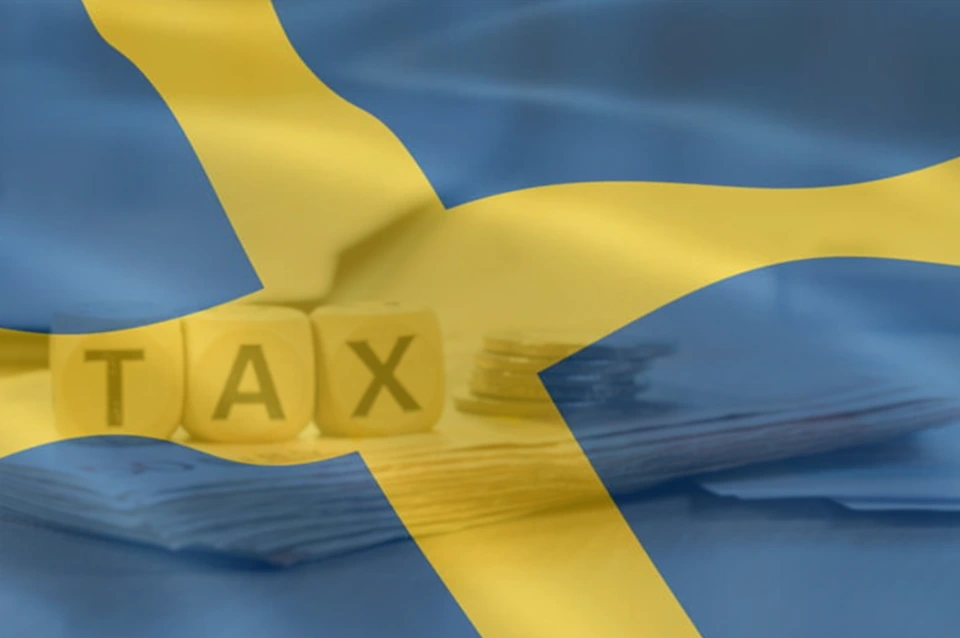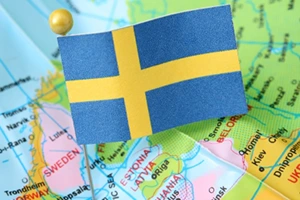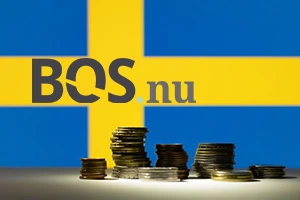 BOS (Branschföreningen för Onlinespel), the Swedish Trade Association for Online Gambling, has published its advisory statement to the Ministry of Finance regarding the memorandum “Increased Gambling Tax”.
BOS (Branschföreningen för Onlinespel), the Swedish Trade Association for Online Gambling, has published its advisory statement to the Ministry of Finance regarding the memorandum “Increased Gambling Tax”.
According to the memorandum, published on October 9, the tax rate, applicable to licensed gambling operators should be increased from 18% to 22%. This amendment to the gambling tax law is proposed to enter into force as of July 1, 2024.
Gustaf Hoffstedt, Secretary General of BOS, the association representing 22 gambling companies within the Swedish gambling industry, has commented on the proposal calling it “the best Christmas present you can think of – to the unregulated and unlicensed gambling market”.
He further remarked on the bad timing of the proposal, stating that an increasing number of players chose to register for unlicensed providers of gambling services.
BOS is the largest trade association within the Swedish gambling industry, with all of its members having licenses issued by Spelinspektionen.
Sweden Aims at a Channelization Rate of 90%
 The proposal for a tax increase would, most of all, affect the channelization rate to Sweden’s regulated gambling market, or the proportion of Sweden-based players who register and gamble through licensed operators.
The proposal for a tax increase would, most of all, affect the channelization rate to Sweden’s regulated gambling market, or the proportion of Sweden-based players who register and gamble through licensed operators.
If the said proposal is implemented, it would increase the market share of the illegal gambling market. It was directly tied up with the strengthening of the attractiveness of unlicensed gambling companies, since “a product subject to high tax is less attractive than a comparable product subject to low or no tax”.
As BOS stated, ideally, the channelization rate would be 100%. However, as practice shows, that was impossible to reach. Therefore, Sweden aimed at an unofficial channelization rate of 90%. If the rate decreased beyond that mark, then the targets of the gambling policy were regarded as “unachievable”.
BOS Explains Its Motives for the Rejection
 In its stateme regarding the proposed increase in the tax rate, the association put forward its motives for the rejection. According to BOS, the proposal was out of keeping with the goals of the gambling market, as stated by the government, promoting “a healthy and safe gambling market under public control”.
In its stateme regarding the proposed increase in the tax rate, the association put forward its motives for the rejection. According to BOS, the proposal was out of keeping with the goals of the gambling market, as stated by the government, promoting “a healthy and safe gambling market under public control”.
According to BOS, the government should not distance itself from the channelization goal, as it would, eventually impact negatively Sweden’s gambling consumers. Sticking to a high channelization goal was inextricably linked to reaching other important goals, including robust consumer protection, stable tax revenue from gambling, good profitability for gambling providers, and keeping problem gambling to a minimum.
As BOS further explained, the government’s main motive for the increased tax rate was the stabilization of the gambling market since its launch in 2019. However, the government’s memorandum lacked current data on the gambling market and was based on figures from 2021.
The actual state of the market was in contrast with the government’s representation and as a report by BOS suggested, the channelization rate in March 2023 stood at 77%, which was far from the targetted one. Online casino games, along with online poker, featured an even lower rate of 72%.
BOS concluded its advisory statement by underlining the fact that consumer outflow could not be stopped if the offer players were given was not “sufficiently attractive”.